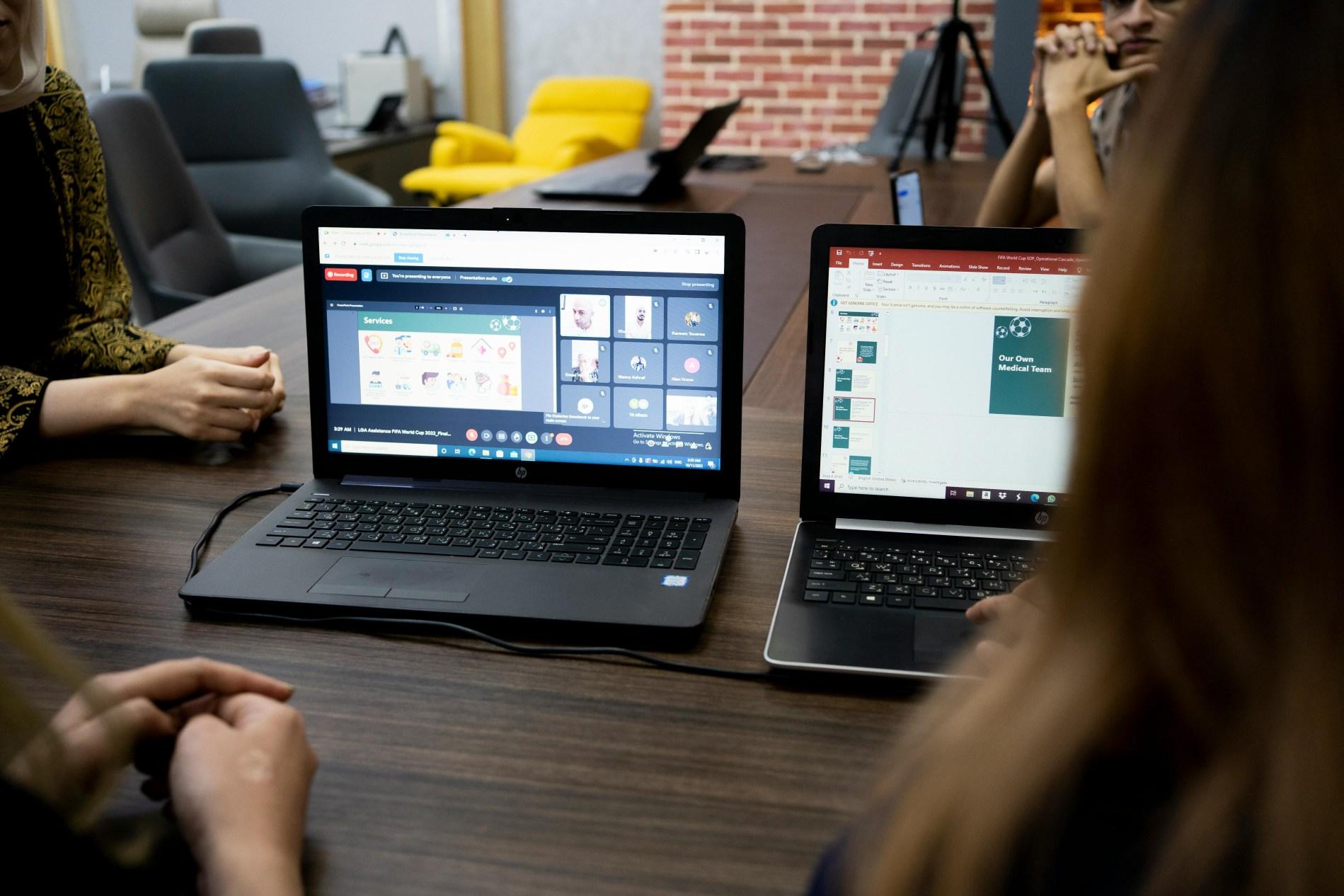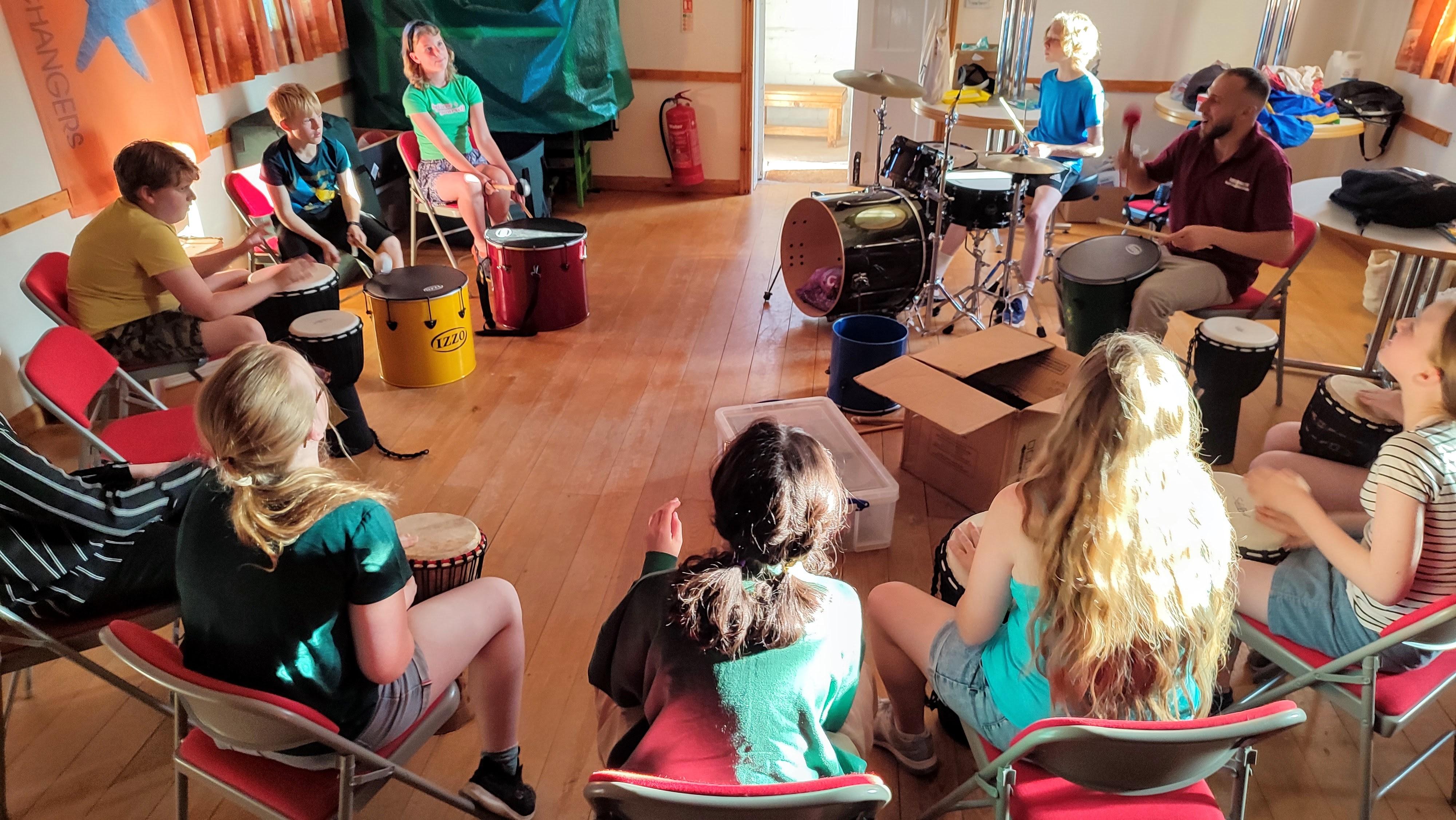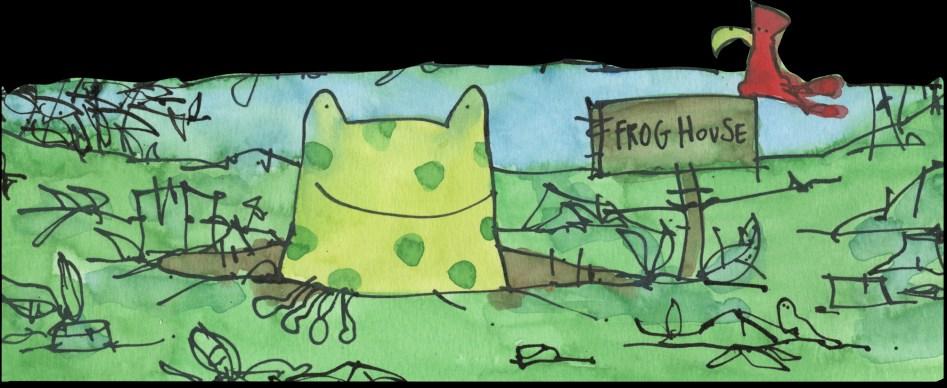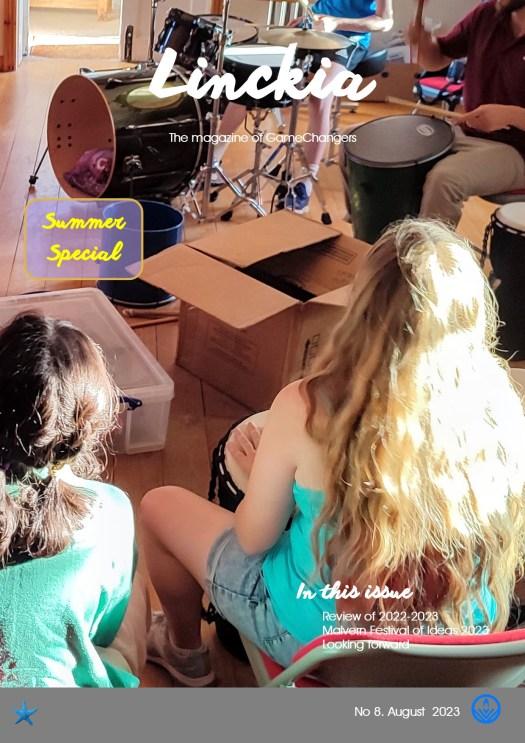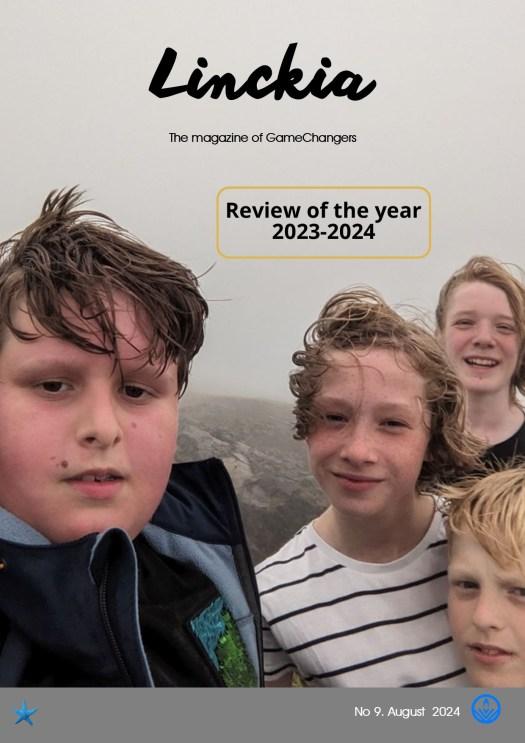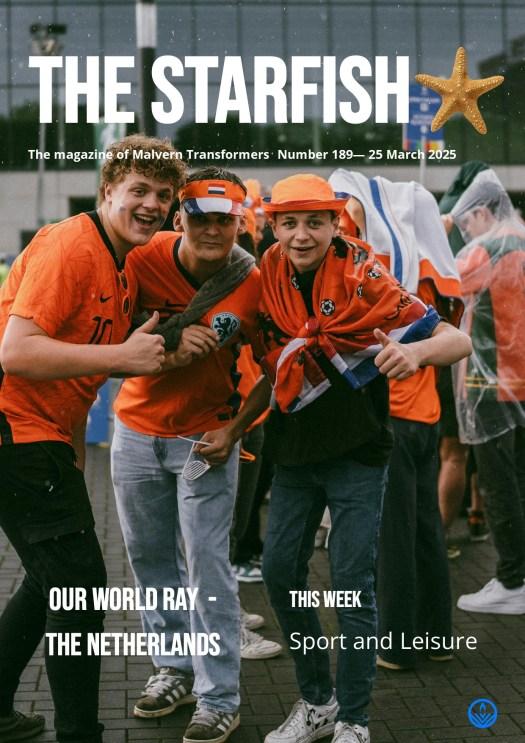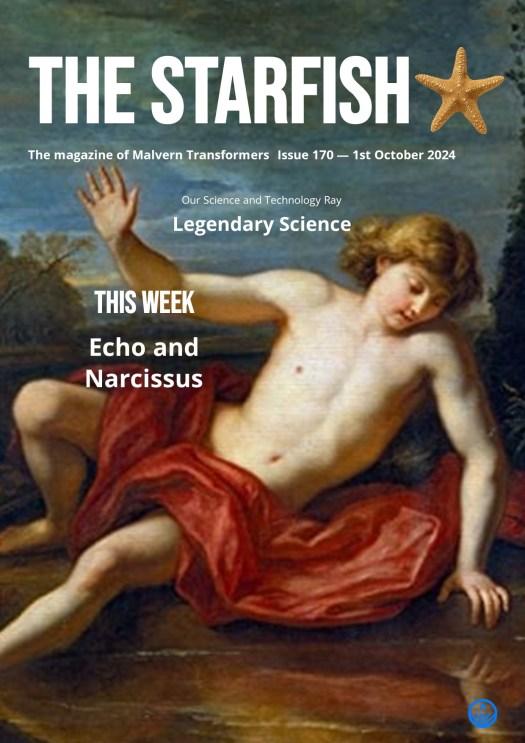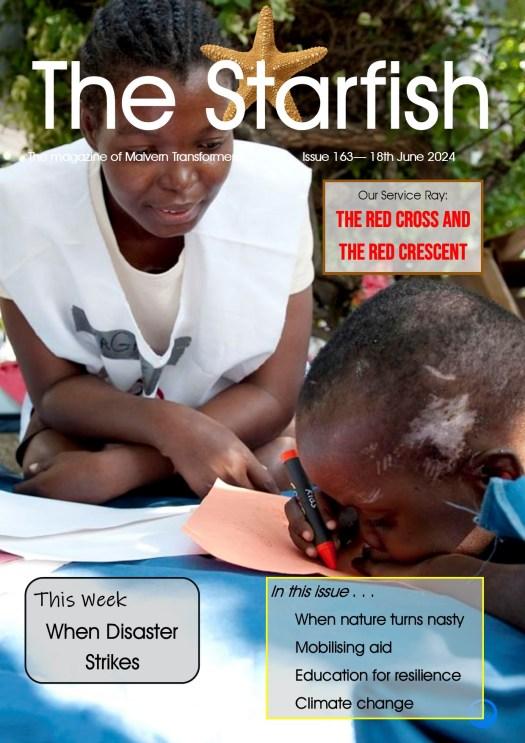Headline Projects
This paper showcases work thematically, over three main areas. It celebrates some major achievements whilst, at the same time, taking frank look at what went less well. We have taken a look at how lessons learnt can inform future aspirations and priorities as we contribute to a Unitarian response to spiritual and social needs in a fast-changing world.
We focused on three main areas of work as follows
• Working with Children and Young People
• Online worship - outreach in a digital age
• Congregational Engagement
Whilst we hope you find the content interesting, what we really encourage you to do is to take the paper back to your congregations and communities and consider whether there are either things you would like to implement yourself or whether you have new ideas that you wish to develop. UT aims to be a supporting hub that nurtures both ideas development and delivery and we are looking forward to working with you to deliver your inspirations and ideas. Our contact details are on the final page.
Theme One: Working with Children and Young People
This project is run by Rosemary and Andrew Webb in Malvern and outputs are focused in their local area, however, the emerging materials and interventions that can be replicated anywhere. There are three main strands: Transformers and GameChangers
Transformers is an afterschool group in Malvern, supported by Oat Street Unitarian Chapel that is based around non-credal spiritual and religious education. There are two groups, 5-10 (Transformers) and 11-14 (GameChangers). There are plans in development to expand further, including covering a wider geographical area.
“Transformers” is now oversubscribed with 24 attendees and a waiting list. GameChangers currently has 12 members. Transformers is enhanced by the production of Starfish Magazine. Its 189th edition has just been published. This is available electronically.
The current Starfish magazine (25 March 2025) can be viewed at https://padlet.com/andrewrobertwebb/
transformers-qjyc1nhbjc1m80gk/wish/ YDgnZezqPyeYWwrA.
The Transformers Summer Special for 2023 summarises the 2022-2023 programme and is available in printed format: https://padlet.com/ andrewrobertwebb/transformers-qjyc1nhbjc1m80gk/ wish/MbejW15M12xwWNkG. An annual review of the GameChangers programme is also produced.
Session materials for the Transformers group are currently under development and will be available online. All sessions are linked to theme material contained within an addition of Starfish Magazine and approximately 80 sessions will be uploaded following completion of transcription. Materials will then be available for anyone wishing to replicate the approach elsewhere.
The whole programme remains active and is in a state of continuous expansion and further advancements in accessibility and dissemination are planned throughout the coming year.
Schools
This work stream aims to expand Unitarian Transformers schools’ activities for 7–11-year-olds and share good practice through the development of Key Stage Two lesson materials linked to the Transformers programmes.
Two courses on Active Peace Education are being delivered in a school in Kidderminster under the Unitarian banner. Both courses run over a 6-week period and contain 6 hours of materials. Each session is supported by an activity book.
Pre-School Materials
This work stream seeks to develop a suite of four videos for pre-school children with the aim of broadening the age groups with whom we engage. All materials follow the UT pattern of non-credal, spiritual content. A local artist has developed the artwork for three of the videos already, narrations have been recorded for two and the music is under production. Despite the ambition of this huge piece of work, publication will follow during the year and the materials will be made available for use within congregations and communities.
Overall, the work with Children is producing a wealth of material that can either be used on a standalone basis or as part of the development and delivery of services for children. The development of an online repository of resources will help hugely in making these available to all.
<Image description>
Theme Two: On-line Worship: Outreach in a Digital Age
UT have been working on the development of a national model for online gatherings and worship, with the aim of drawing together current Unitarians and interested parties, experimenting with different styles of spiritual engagement, away from a traditional Church/Chapel environment, and at times that work for people with busy lives.
The initiative has been running for three years and gatherings have been developed in the following formats
• Connections Gatherings (space for reflection and sharing on a 'spiritual but not necessarily religious' theme)
• Meditation Groups
We facilitated approximately 80 events, and whilst some groups have reached a natural conclusion, others have flourished. Connections events were arranged by theme, including Hindu/Unitarian Connections, Eco-Spirituality, Spiritual Practices, Living
Our Values, and Spiritual Not Religious. These groups proved to be a powerful and nurturing space in which individuals who rarely meet can come together for
spiritual sharing. Groups have connected people nationally and internationally in a way that cannot be achieved in face-to-face environments.
Whilst many of the groups have been developed initially under the Unitarian umbrella, UT are also seeking to forge links with partners to broaden the capacity to set up and facilitate groups.
We have come to recognise that the groups that work best are the ones that are supported and promoted from within, with a committed core group driving communications and session planning.
It is often the case that online gatherings are able to attract people who are either not interested in traditional worship or unable to attend in person.
Thus, online gatherings provide real potential for broadening the scope and diversity of regular attendees within the Unitarian spiritual community. They are also really important in linking Unitarians who are geographically distant from or unable to travel to a physical congregation, providing spiritual community and support.
Theme Three: Congregational Engagement
We know that small congregations often struggle in terms of capacity in order to develop the innovations necessary to draw new people in to refresh their existing Unitarian community.
We have also recognised the need to provide resources specifically for congregations without a Minister, either because they could not afford one, could not attract one or did not feel they had sufficient capacity to justify employment.
Unitarian Transformers provide additional support, energy and expertise to support congregations and districts seeking to refresh and revitalise, including broadening the offer to non-traditional gathering and worship, both within and away from the Church/ Chapel/Meeting House environment.
So far, we have engaged in five main ways
• Working with individual congregations to develop forms of worship suitable to their needs.
• Development of “Spiritual Not Religious initiatives and gatherings to meet a nontraditional need.
• Engagement nationally to create online gatherings mainly focused on social issues
• Development of Strategies to support enhanced engagement and activity within local communities, using Unitarian spaces to meet community needs
• Audit and consultancy work with District Associations to support the design and delivery of new strategies of engagement and innovation
We see the development of bespoke responses to need at a series of levels (congregations, community, District and National) as being core to the UT purpose.
Different needs exist in different areas and an agile and flexible resource like UT can be used to provide the additional capacity and resources necessary to kick start new ways of working that can become selfsustaining within the congregation and/or community.
Headline examples include
• Working with a congregation to develop short form worship to attract a new cohort of participants who wish to engage differently. This was supported by an initiative to ensure that the Chapel was kept open all day on a Sunday in order to increase footfall
• Working with congregation to deliver a specifically “Spiritual Not Religious” Sunday service
• Working with the National Unitarian Federation to promote monthly gatherings on Social Issues, chosen thematically and relevant at the time of delivery
• Delivery of a Community Audit for one congregation that identified the need and encouraged the recruitment of a spiritual leader and a creative leader. Work emanating from the new model resulted in a successful grant application for £95,000 to support the delivery of an Arts Festival and the appointment of a part time minister.
• Working with a District Association to undertake an audit of all congregations, culminating in the production of both congregational reports and an aggregate report for the District Association. This includes future objectives, action plans, costing and performance frameworks.
• Working with another District Association to develop a funding bid to support further integration and an expansion of the spiritual and social offer across participating congregations. The supporting bid is complete, submitted and undergoing consideration.
<Image— ??>
Appendix One: Lessons Learnt
In reviewing our work programmes, we found that the lessons learnt were noticeably common across all themes. We believe this is because all the innovation work is taking place within the same broad contextreducing capacity and shrinking resources in a swiftly changing world.
risk management literacy, financial expertise or working with partners).
We have presented eight main themes and we believe they are relevant to any change project as they allow planners to get ahead of the curve and embed the learning of others who have gone before them. The lessons we have learnt have been immensely powerful and, as we move on to the next round of priorities, we will carry the learning with us.
Learning Point One: See the Right Skills Are In Place
All innovation involves us in doing new things. Some of these required well established skills whilst others took us way beyond our comfort zones. When working at a congregational and small team level, it was not uncommon for a team to have no-one within it who had some of the required skills (e.g. IT competence, or
We found that taking the time to consider the required skills in advance had an enormous impact on our ability to deliver. Having the right skills available also means that delivery does not need to slow down when things unexpectedly fail and external assistance needs to be sought. With the right skills in place the project can flex and change direction.
A skills audit sound tedious but it delivers tremendous benefits. If the skills aren’t within the team, then consider how you can attract them, through training, engaging partners, bidding for funding, short term recruitment or good old-fashioned calling in of favours. Ultimately if you have skills gaps that you can’t fill, then consider changing what you are planning to do.
Learning Point Two: Communication is Everything
We found that when things started well, it was usually because solid and sensible strategies for communicating with our target audience had been undertaken. When interest began to wane, we found it was usually because the focus on regular communication had dissipated.
If people are going to attend events and gatherings regularly, then they need to be invited regularly otherwise they will drift away. Establishing a lead for communication and some simple tools to engage with attendees (email lists, phone numbers, addresses etc.) and delivering against a long term, regular communication timetable reaped large rewards.
Learning Point Three: Seek Out Enthusiasm and Cherish It
When capacity is in short supply and skills may be missing, it is easy to view the solution as being to employ someone from the outside. Whilst this can be great it doesn’t go so well unless there is someone from within the project with the enthusiasm to drive things forward. A partnership of internal leadership
and external drive can be immensely powerful.
Positivity within the project also means that when things go wrong, there’s confidence and energy to change direction without delaying progress against the bigger picture.
Innovation needs champions. This was especially apparent in the Connections Groups where the ones with the greatest passion and commitment from attendees were the ones that flourished.
Learning Point Four: Invest in Unanimity of Purpose
A shared understanding and commitment to the purpose and goals of any new innovation cannot be assumed. If people don’t understand the purpose or benefits, they are unlikely to remain neutral. Factionalism doesn’t help deliver innovation.
Ever. There are benefits in engaging and consulting and in investing the time to ensure that everyone understands what is proposed. This will maximise commitment and save time and emotional effort during the delivery phase of the project.
Learning Point Five: The Quality of the Delivery Is All Important
We had some pain when we tried to implement plans that had not been thought through (e.g., using audit tools that didn’t address our areas of interest, working from an unclear delivery plan, not having the required IT or physical resources).
We discovered that goodwill can be time limited and that teams worked best when they felt their efforts were well targeted and impactful. Determining and communicating “what success looks like” is absolutely essential. Equally, ensuring we had the plan and resources to take us there, rather than trusting to luck was a key element in making the most successful projects really work.
Learning Point Six: Buying In Resources When Needed is Money Well Spent
Whilst resources are not always available to buy in skills, they can be a huge benefit, especially when capacity is limited. UT have been successful in bidding and have seen the benefits that judicious commissioning of expert help can have. This is never a case of simply outsourcing if it is to be successful - it is
a mixture of external expertise combined with internal commitment and drive.
Learning Point Seven: Collaboration Builds Lasting Networks
There are significant advantages in identifying and targeting other community groups, stakeholders and individuals who share mutual objectives. We have experienced significant success in building links across communities (for example the Hindu/Unitarian Connections Group has been immensely rich and nurturing, and still continues to deliver benefits for all involved).
When opportunities to partner are missed at inception, they are harder to forge retrospectively. We have learnt to build partnerships in the initial design phases of our programmes.




